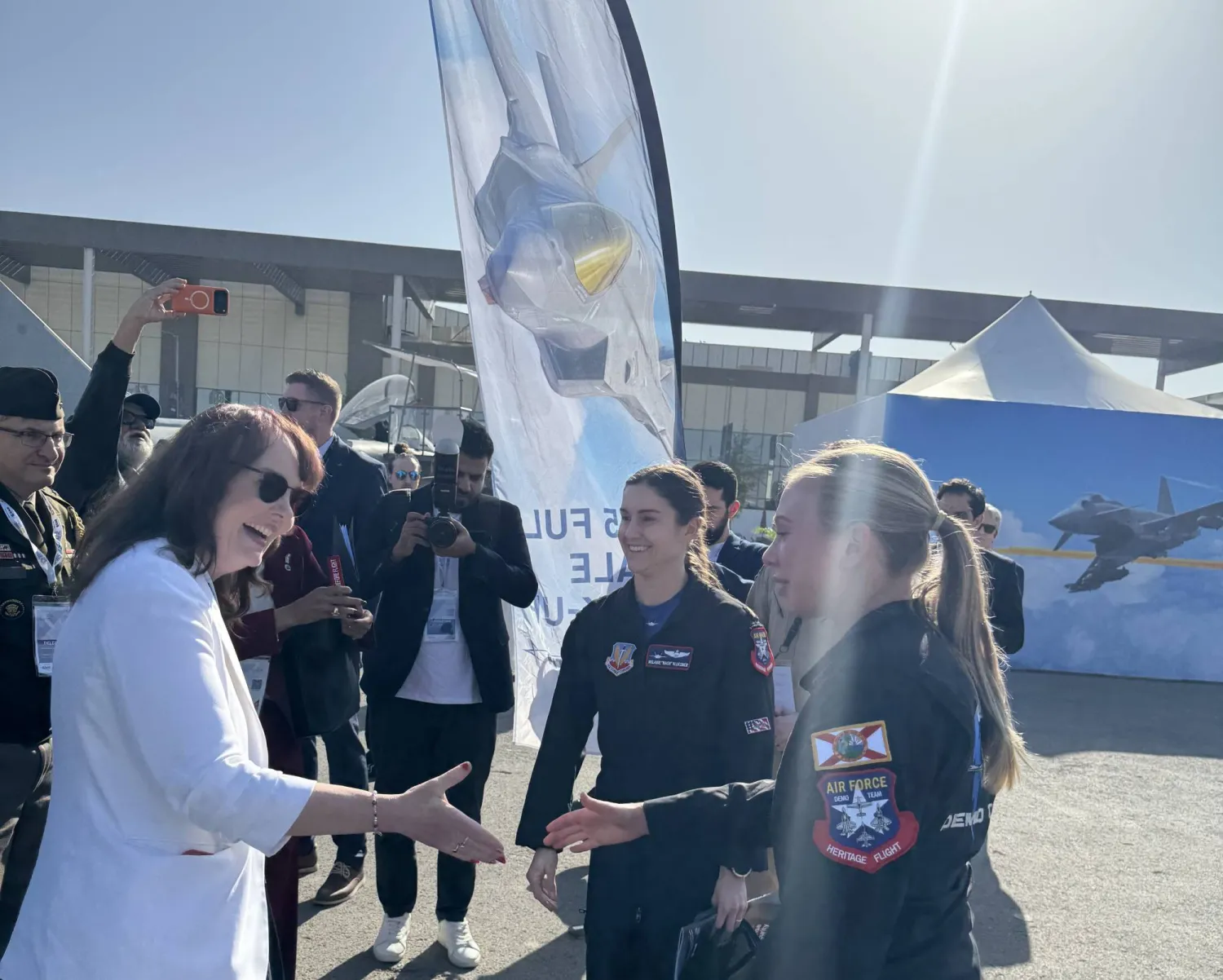Bahraini Foreign Minister, Abdul Latif al-Zayani, stressed on Saturday the importance of ensuring stability, security, and prosperity in the Middle East, also warning of the danger of nuclear proliferation.
The FM then called on the US to promote peace and stability in the region, describing Washington as “one of Bahrain’s closest allies.”
On Friday, al-Zayani attended a forum organized by the Middle East Institute and Think Research and Advisory on the sidelines of the 77th UN General Assembly in New York.
He warned of the danger of terrorism, saying that “terrorism has no borders, and therefore no country should think itself immune to its threats.”
The Minister then called for united efforts to confront terrorism and its various faces, including the proliferation of nuclear weapons and the threats from missiles and drone technologies.
“Many young people in the Middle East are deprived of shelter, education, health care, and food,” he said, asking, “what can we do to change this reality?”
The senior Bahraini diplomat pointed to the need to work to strengthen development programs and institutions that are concerned with improving these needs, adding that US cooperation with countries in the region will lead to addressing those different challenges.
During the session, the FM also noted that climate change is one of the threats facing the world.
Bahrain’s Foreign Minister then welcomed the statement of Israeli Prime Minister Yair Lapid on the two-state solution.
“PM Lapid’s announcement of his support for the two-state solution is a positive opportunity that we can build on,” the Bahraini minister said.
He added: “We must consider investing this opportunity to encourage the US and push it together with other countries to support this initiative, and adopt the two-state solution based on the peace initiative.”
He stressed that words must be turned into deeds.









